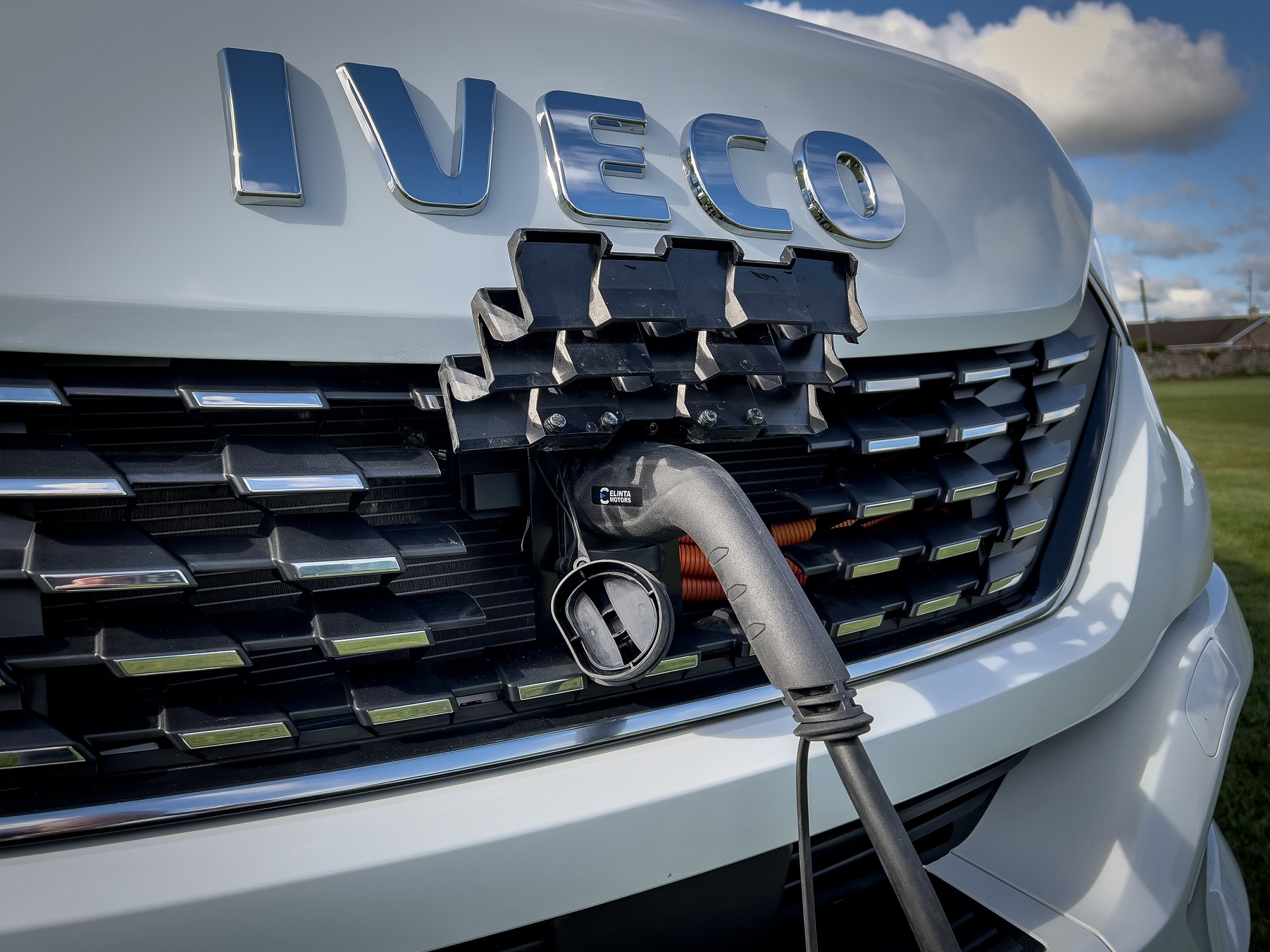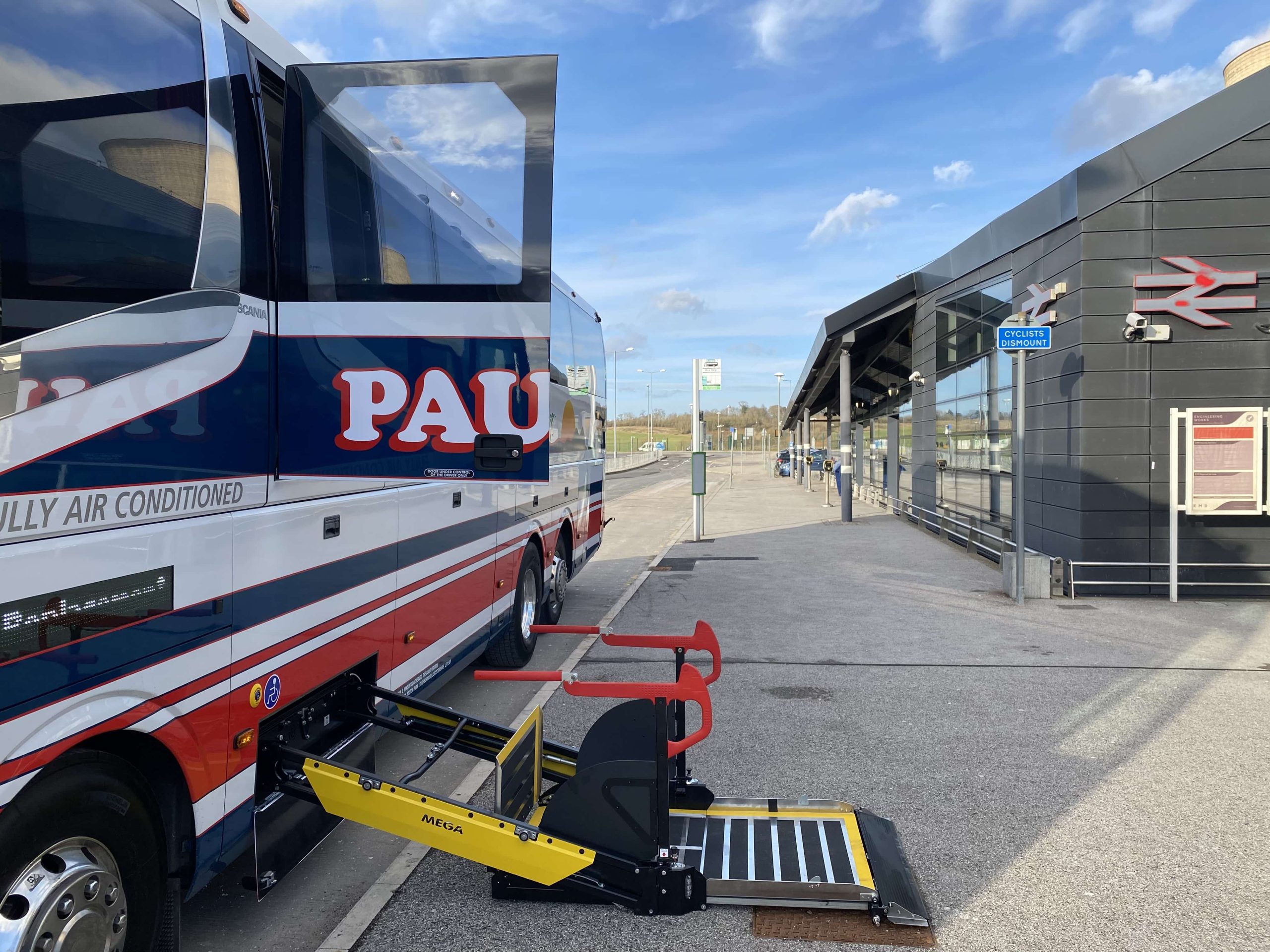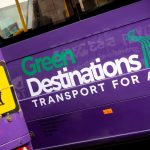As we wait for announcements on the next rounds of industry grant funding, the long-awaited consultation on BSOG reform in England, and a response to the consultation on the sale of new non-zero-emission buses, it is worth pausing to reflect on the impressive progress that the UK bus sector has made in decarbonising the nation’s bus fleet in recent years.
Zemo Partnership analysis suggests that over 2,000 zero-emission buses (ZEBs) are in service today. That is around 5% of the fleet. The picture across the UK is somewhat varied, however. London leads the way with a 12% zero-emission fleet. Scotland sits at around 9%, while around 5% of buses in Northern Ireland and Wales are zero-emission.
Buses in England outside London lag behind, with less than 2% of them currently being zero-emission. Zemo Partnership estimates that funding already allocated to ZEB projects across the nation could boost the UK ZEB fleet to around 10% of the total by 2025/26.
The rollout of ZEBs has markedly increased in recent years, supported by flagship funding schemes including the Zero Emission Bus Regional Areas (ZEBRA) approach, the Scottish Zero Emission Bus (ScotZEB) challenge fund, and All Electric Bus City work.
Zemo analysis shows that in both 2021 and 2022, ZEB registrations accounted for around 50% of all UK bus registrations, albeit in a depleted market post-pandemic. That translates to over 600 ZEBs registered each year, figures that put the UK ahead of European counterparts in terms of decarbonising bus fleets.
Although significant progress has been made by governments and industry, now certainly is not the time to rest on our laurels. With over 35,000 buses still to be decarbonised (never mind coaches and minibuses), it is vital that government and industry maintain momentum and seize the opportunities presented by policy interventions and new funding to boost rollout in the years to come.
This sentiment is shared by a recent release of a Transport Committee report, Implementation of the National Bus Strategy. It highlights the need for UK government “to intervene in the process more actively” with regard to funding in order to meet the 4,000 ZEB target set out in the National Bus Strategy.
The report suggests that in England, “obtaining funding and placing orders [via the ZEBRA scheme] is a slow and piecemeal process,” something that has affected operators and manufacturers alike. The report points to ScotZEB, which has enabled Scotland to “power ahead with its bus decarbonisation plans” thanks to a streamlined bidding process.
With reference to the end of sale of new non-zero-emission buses, the report states that “government should set out a clear, staged plan for the full transition to ZEBs, in tandem with the delayed response to the consultation,” and that this “should include a clear long-term funding plan focused, in particular, on difficult-to-decarbonise rural routes and supporting the installation of costly new infrastructure.”
The report goes on to say that further delays to consulting on BSOG reform in England “risks slowing the transition to ZEBs,” and that the UK government must “introduce a new funding formula which incentivises operators to transition to ZEBs.”
While 2022 may not have been ‘year of the bus’, 2023 certainly has the potential to be. Further short-term grant funding to boost ZEB rollout in the coming years, alongside a defined end date for the sale of new non-zero-emission buses supported by long-term ZEB incentivisation through an enhanced BSOG, will provide much-needed vision and certainty across the industry.


























